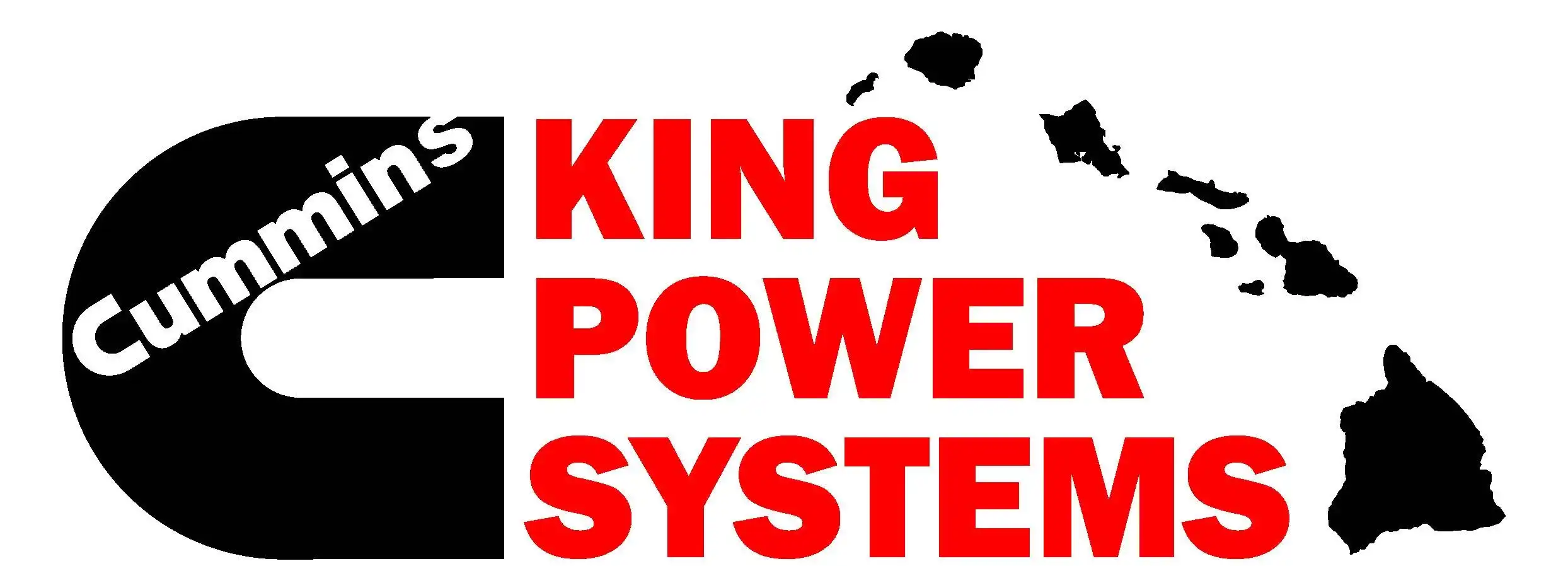US Sen. Schatz Outlines Coronavirus Aid Direct Payments to Individuals

*The information contained below is provided courtesy US Senator Brian Schatz.
As a result of the recently-passed coronavirus aid legislation, there are new federal resources to help individuals, families, and businesses during this time. Below is information about the direct payments to individuals.
Overview
The Coronavirus Aid, Relief, and Economic Security (CARES) Act directs the Department of the Treasury to make a one-time direct payment to individuals to help them recover from the economic impact of the COVID-19 pandemic. The federal government will send you a payment if (1) you meet the eligibility criteria; (2) you fall within the income cap; and (3) you have filed a tax return or you already receive Social Security benefits. If you filed a tax return in 2018 or 2019 or you receive Social Security benefits, you do not need to apply for this benefit. If you do not fit into those categories, you can file a tax return for free to receive your payment.
Eligibility
- Anyone other than a nonresident alien, a dependent, or an estate, is eligible.
- You must have a Social Security number for you, your spouse, and any child you are claiming. There is an exception for spouses of active duty military members.
Amount of payment
- Individuals receive $1,200 (joint filers receive $2,400) plus $500 per child under 17 years old.
- Benefits start to phase out for those with incomes exceeding $150,000 for married couples, $75,000 for singles, and $112,500 for single parents.
- With the phase-out, payments will not go to single filers earning more than $99,000; head-of-household filers with one child, more than $146,500; and more than $198,000 for joint filers with no children.
- Your income is based on your 2019 tax return; if you did not file taxes in 2019, the Treasury will use your 2018 tax return.
- If you did not file a tax return in those years, the Treasury can use your Social Security benefit information or you will have to file a tax return. You can find out how to file a return for free at www.irs.gov.
How will it be paid?
- If you filed a tax return in 2018 or 2019, or you receive Social Security benefits, you will receive the rebate automatically.
- If you provided bank account information to receive your tax refund as a direct deposit, you will receive your rebate that way.
- If you did not provide information for direct deposit, you will be mailed a rebate check to the address provided on your 2018 or 2019 tax return, whichever you filed most recently.
- If you did not file in 2018 or 2019, but you receive Social Security benefits, you will receive the rebate the same way you receive your Social Security benefit.
- After the payment is made, you will receive a notification in the mail from Treasury within 15 days.
- If you do not fit within one of these categories you can file a tax return now to receive your payment (to file a return for free, please go to www.irs.gov).
When will the payments be made?
- Payments will be made as fast as possible but could still take a month or longer.
More Information
- For more information, please check the IRS’s website at www.irs.gov/coronavirus. The “2020 Recovery Rebates” program is established by Title II (Sec. 2201) of the CARES Act.







